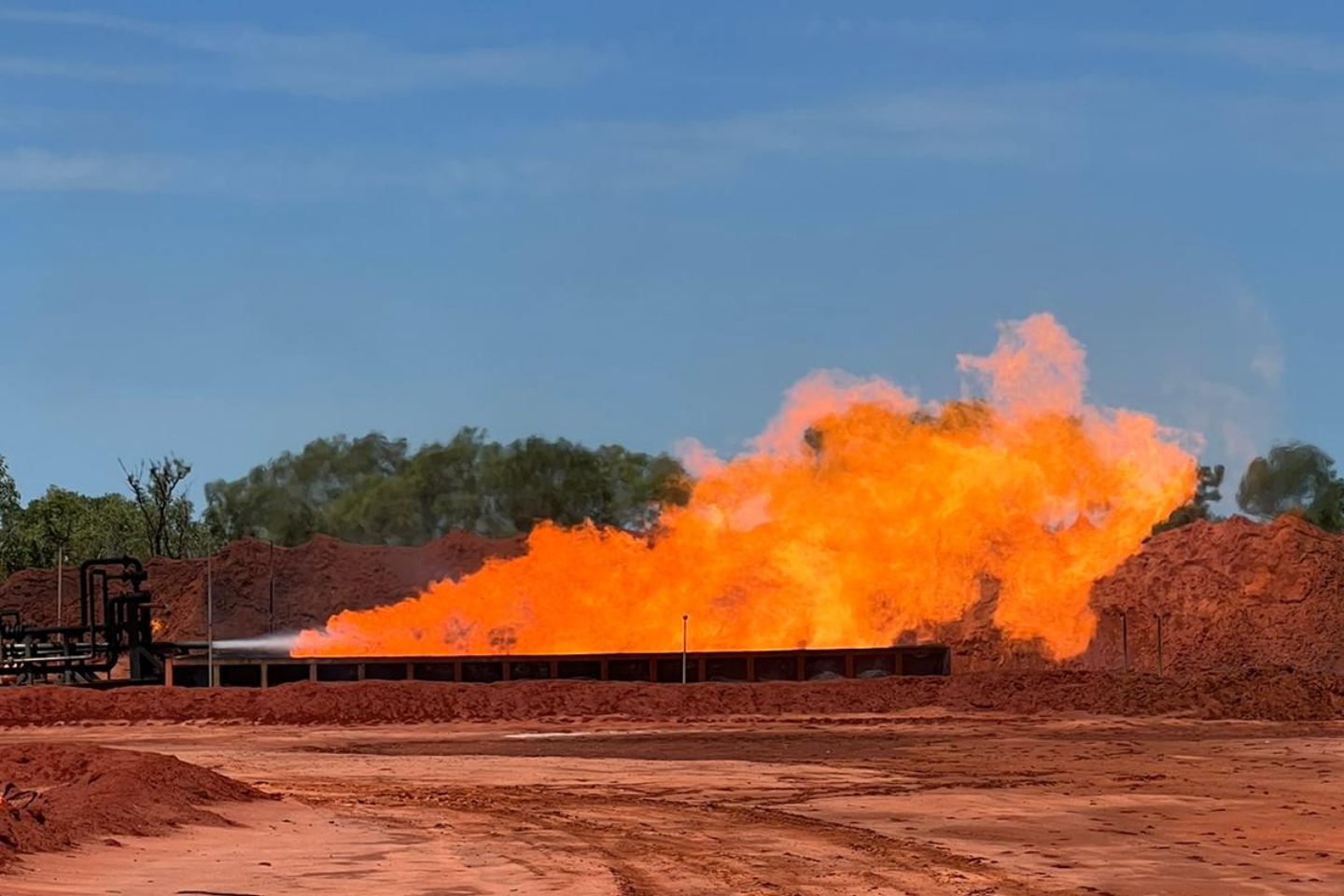Origin Energy has agreed to assign its interests in joint venture exploration permits in WA’s Canning Basin, including the massive Rafael gas and condensate discovery to Buru Energy for no upfront payment. Origin will also pay Buru up to $4 million to fund a 3D seismic survey for its gas and condensate discovery Rafael 1.


Buru Energy has regained its position as the dominant acreage owner and operator in the Canning Basin after Origin Energy agreed to assign its interests in joint venture exploration permits, including the massive Rafael gas and condensate discovery, to a Buru subsidiary.
Origin’s exit comes a little over two years since it agreed to farm into seven exploration permits in the Canning Basin with Buru and fellow explorer Rey Resources and five months since it announced it would abandon its upstream exploration activities in a major shift in strategy.
The terms of Origin’s disinvestment from its JVs include handing its 50 per cent share of five exploration permits it shared with Buru to a Buru subsidiary, Buru Canning. It will also assign 40 per cent shares in two other EPs to another Buru subsidiary.
Origin will also pay Buru up to $4 million to fund a 3D seismic survey for its gas and condensate discovery Rafael 1.
In return, Buru will pay no upfront payments to Origin, only future payments of up to $34 million based on Rafael hitting a series of production milestones.
Buru shares popped 17 per cent in intraday to a high of 11.5 cents.
Buru Energy Chair, Eric Streitberg said: “The original farm-in agreement with Origin provided the funding and the impetus that resulted in the Rafael discovery that has now assumed even more significance given the current focus on the West Australian and international gas markets.”
“We now have control over a gas and condensate resource that is potentially unique in Western Australia and look forward to moving quickly to crystallise the value this represents for our shareholders.”
The Canning Basin lies in central northern WA. It is the largest sedimentary basin in the State and has an onshore area of about 530,000 square km, an offshore area of about 110,000 sq km and is relatively underexplored.
Buru’s permits are south of Derby, east of Broome, and contain the Rafael 1 discovery which was drilled in late 2021 and has been assessed for contingent resources of a trillion cubic feet of gas, or 1TCF and 20.5 million barrels of condensate. A seismic survey is planned for 2023.
Notably, the contingent payments in the divestment agreement are capped and there are no royalty clauses that would give Origin a continuing interest in Rafael.
The absence of any such “overhang” will be a valuable bargaining chip when Buru goes seeking for another suitor to help develop its promising EPs, as it surely will.
As a relatively small company with a market capitalisation of below $100 million, Buru needs the muscle of a well-heeled suitor to fund expensive drilling and development work – even if it’s onshore in WA.
Indeed, with global gas prices soaring in recent months there could well be operators keen to replace Origin from among those engaged in the bidding frenzy for gas rights in the Perth Basin including the likes of Mineral Resources, Gina Reinhart, Warrego Energy and Strike Energy.
So whilst management will be focused on what it describes as a “structured appraisal” of Rafael and its opportunities, starting with the seismic survey, behind-the-scenes board discussions may centre on what Buru calls “new partnership opportunities with aligned potential partners who share Buru’s vision”.
Buru has already moved on the commercialisation of Rafael. Late last year, it announced it had commissioned Transborders Energy to conduct a pre-feasibility study into an innovative “Kimberley-based compact marinised LNG plant solution”, otherwise known as a floating LNG vessel. Buru believes such a solution would be faster, more cost effective and require simpler regulatory processes compared with transporting gas to the North West Shelf Plant in Karratha for processing and export.
After the disappointment last year of seeing its JV partner Origin walk away from its WA commitment, 2023 shows more promising signs for Buru Energy, which is also active in battery minerals, carbon capture and storage and natural hydrogen.
Last month, with partner EnRes, a subsidiary of Mineral Resources, it won two prospective petroleum exploration permits in the onshore Carnarvon Basin.
Also in January, its wholly owned hydrogen and helium subsidiary 2H Resources was confirmed as preferred applicant for six South Australian petroleum exploration licences for hydrogen exploration that are geologically on trend with legacy hydrogen discoveries.
Observers will be watching closely to see if such momentum leads to a momentous year.












